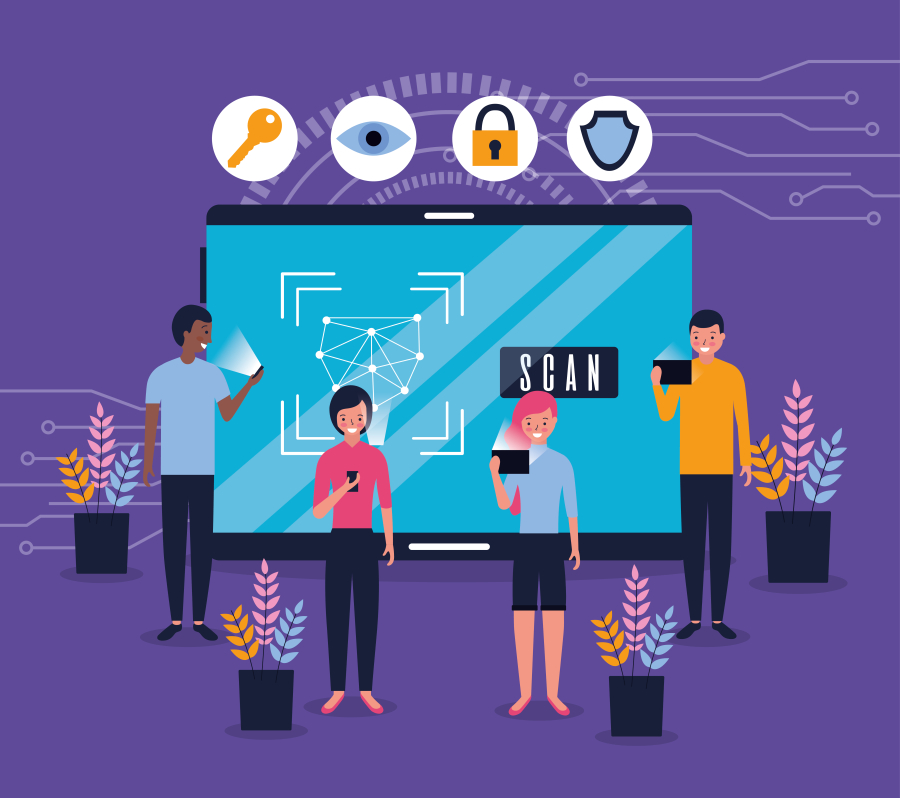Is Web3 Development the Future of Freelancing?
Web3, the next evolution of the internet, is transforming how digital applications are built, owned, and monetized. Unlike Web2, Web3 emphasizes decentralization, blockchain integration, and user ownership, creating new opportunities for freelancers worldwide.
For freelance developers, understanding Web3 is no longer optional—it may define the future of client projects, income streams, and professional growth. This article explores why Web3 development is becoming a vital freelancing skill and how you can position yourself for success in this emerging space.
Long Description
1. Understanding Web3 in Freelance Development
Web3 represents a decentralized internet built on blockchain technology, smart contracts, and decentralized applications (dApps). It challenges traditional web models by giving users control over their data and digital assets.
Key Components of Web3:
Blockchain: A distributed ledger that ensures transparency and security.
Cryptocurrencies: Native digital tokens used for transactions and incentives.
Smart Contracts: Self-executing agreements with predefined rules.
dApps: Decentralized applications that operate without central authority.
NFTs and Digital Assets: Unique tokens representing ownership of digital or physical items.
Freelancer Takeaway: Familiarity with Web3 principles allows freelancers to create decentralized applications and blockchain-based solutions for clients across industries.
2. Why Web3 Is Becoming Important for Freelancers
The rise of Web3 is creating high-demand opportunities for freelance developers:
Growing Market Demand: Startups and established businesses are exploring decentralized apps, blockchain platforms, and NFT marketplaces.
High-Paying Projects: Web3 projects often require specialized skills, leading to premium freelance rates.
Remote Opportunities: Freelancers can work with global clients building Web3 solutions.
Innovation-Driven Work: Web3 projects are often cutting-edge, offering exposure to new technologies.
Diversified Income: Freelancers can earn through token incentives, staking, or decentralized platforms.
Freelancer Takeaway: Freelancers who adapt to Web3 early can secure specialized projects and long-term career growth.
3. Key Skills for Web3 Freelancers
Web3 development requires a blend of blockchain knowledge, programming expertise, and design thinking:
Blockchain Programming Languages: Solidity (Ethereum), Rust (Solana), Go, JavaScript.
Smart Contract Development: Writing secure, efficient, and scalable contracts.
dApp Development: Building decentralized applications for web and mobile.
Cryptography: Understanding encryption, digital signatures, and secure transactions.
Web3 Frameworks: Truffle, Hardhat, Web3.js, Ethers.js, Anchor.
Decentralized Storage Solutions: IPFS, Arweave, Filecoin.
UI/UX for Web3: Designing user-friendly interfaces for complex blockchain interactions.
Freelancer Takeaway: Mastering these skills equips freelancers to deliver robust Web3 solutions that meet client expectations.
4. Popular Web3 Tools and Platforms for Freelancers
Freelancers can leverage various tools to simplify Web3 development:
Ethereum & Binance Smart Chain: Popular blockchains for dApps and smart contracts.
Solana & Polkadot: High-performance platforms for scalable applications.
Metamask & WalletConnect: Integration tools for user authentication and transactions.
Alchemy & Infura: Blockchain infrastructure services for developers.
OpenZeppelin: Libraries for secure smart contract development.
IPFS & Arweave: Decentralized file storage solutions.
The Graph: Indexing protocol for querying blockchain data efficiently.
Freelancer Takeaway: Using these tools streamlines Web3 development and enhances project quality.
5. Types of Web3 Freelance Projects
Web3 freelancing includes a variety of projects for diverse industries:
NFT Marketplaces: Platforms for minting, buying, and selling digital assets.
DeFi Applications: Decentralized finance tools such as lending, staking, and yield farming.
Gaming dApps: Blockchain-based games with tokenized assets and rewards.
Decentralized Social Networks: Platforms where users control data and monetization.
Smart Contract Auditing: Ensuring contracts are secure and bug-free.
Token Development: Creating utility or governance tokens for projects.
DAO Platforms: Tools for decentralized autonomous organization management.
Freelancer Takeaway: A versatile Web3 portfolio attracts clients across multiple sectors.
6. Finding Web3 Freelance Projects
Freelancers can explore opportunities on specialized platforms and networks:
Upwork & Fiverr: Web3 and blockchain development gigs.
Toptal: High-end blockchain projects for skilled freelancers.
Gitcoin: Open-source bounties and community-driven Web3 tasks.
LinkedIn: Networking with startups and companies exploring Web3.
Discord & Telegram: Community-driven groups for blockchain collaborations.
AngelList: Web3 startups looking for freelance developers.
Freelancer Takeaway: Being visible in Web3 communities helps freelancers secure both short-term and long-term projects.
7. Challenges for Freelancers in Web3
Web3 freelancing also has challenges that developers should be aware of:
Complex Development: Requires knowledge of blockchain, cryptography, and decentralized architecture.
Rapidly Changing Technology: Frequent updates in frameworks and protocols demand continuous learning.
Client Education: Some clients may lack understanding of Web3 potential and limitations.
Security Concerns: Smart contracts and dApps must be robust to avoid hacks.
Regulatory Uncertainty: Legal regulations around blockchain and cryptocurrencies may impact projects.
Freelancer Takeaway: Awareness of these challenges allows freelancers to manage projects efficiently and maintain client trust.
8. Tips to Succeed in Web3 Freelancing
Freelancers can adopt the following strategies to thrive in Web3:
Start with Small Projects: Gain experience with simple dApps or NFT projects.
Specialize in a Niche: Focus on a blockchain, DeFi, or NFT domain.
Build a Web3 Portfolio: Showcase live dApps, GitHub repositories, and smart contract audits.
Stay Updated: Follow blockchain news, protocol updates, and emerging trends.
Engage in Communities: Contribute to Discord, Gitcoin, or open-source projects.
Offer End-to-End Solutions: Include strategy, development, and deployment for clients.
Ensure Security and Quality: Prioritize secure code and efficient smart contracts.
Freelancer Takeaway: Combining technical skills, community engagement, and security awareness ensures success in Web3 freelancing.
Conclusion
Web3 development represents the next frontier in freelance technology work. By understanding blockchain, smart contracts, and decentralized applications, freelancers can tap into emerging markets, offer high-value services, and build a forward-looking career.
The future of freelancing will likely be shaped by decentralized applications, tokenized economies, and blockchain-based projects. Freelancers who embrace Web3 early and invest in specialized skills will have a competitive advantage in a rapidly evolving digital landscape.
Web3 is not just a technology—it is an opportunity for freelancers to redefine their careers, expand client reach, and participate in the digital economy of the future.


 by Emily
by Emily



